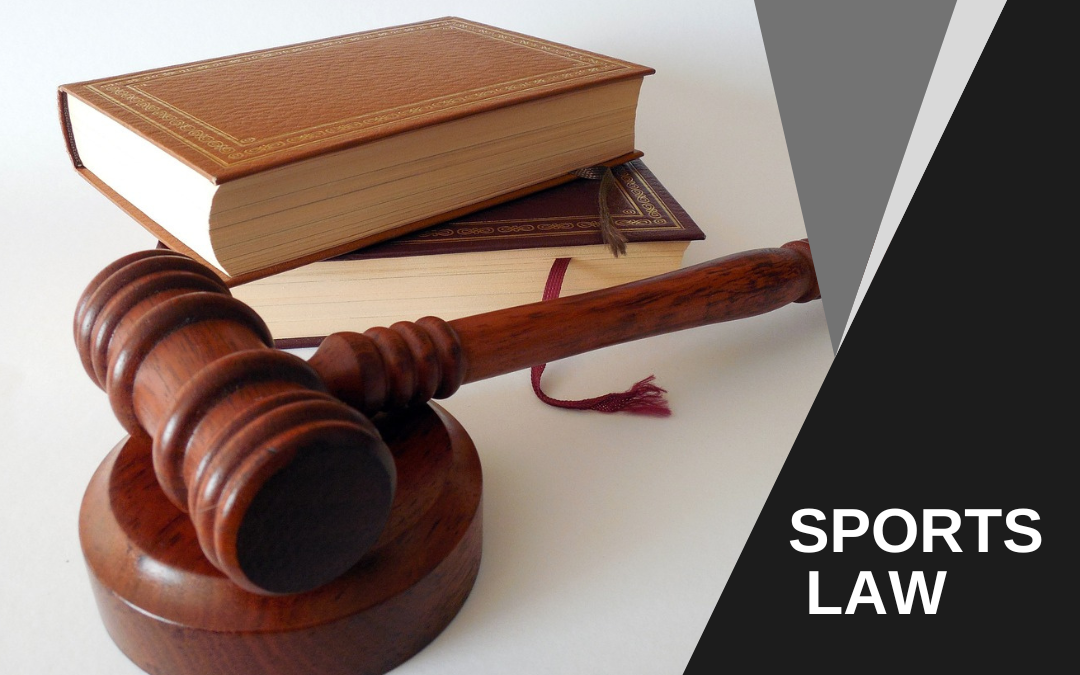
Frequently Asked Questions (FAQs) About Sports Law
What is Sports Law?
Sports law is a multifaceted legal field encompassing various areas of law that intersect with the sports industry. It covers issues related to athletes’ rights, contracts, collective bargaining agreements, intellectual property, league rules and regulations, doping, and tort liability. Sports lawyers advise athletes, teams, leagues, and other sports organizations on legal matters, negotiate contracts, and represent clients in disputes arising from athletic competition or business operations.
What are the Key Types of Contracts in Sports Law?
Athletes typically enter into two primary contracts: player contracts and endorsement deals. Player contracts govern the terms of an athlete’s relationship with their team, including salary, benefits, playing time expectations, and termination clauses. Endorsement deals involve athletes promoting products or services for a fee. Sports lawyers play a crucial role in negotiating these contracts to ensure their clients’ rights are protected and maximize their financial gain.
What are Collective Bargaining Agreements (CBAs) in Sports?
Collective bargaining agreements (CBAs) are contracts negotiated between sports leagues and player unions. They establish the terms and conditions of employment for athletes, including salary structures, free agency rules, grievance procedures, and benefit plans. CBAs play a vital role in maintaining a balance of power between leagues and players within the sports industry.
What is Intellectual Property (IP) in Sports Law?
Intellectual property (IP) refers to intangible creations that have commercial value. In sports law, IP encompasses trademarks, copyrights, and logos associated with teams, leagues, and athletes. Sports lawyers advise clients on protecting their IP rights through registration and enforcement strategies. This can involve licensing agreements for merchandise or preventing unauthorized use of logos and team names.
How Does Doping Fit into Sports Law?
What is Tort Liability in Sports?
What is the Role of Media Law in Sports?
How Does Sports Law Address Fan Conduct?
What is the Role of Antitrust Law in Sports?
Antitrust law prohibits practices that restrain competition or create monopolies. Sports leagues can face antitrust scrutiny for practices that limit player movement or restrict competition between teams in areas like broadcasting rights. Sports lawyers advise leagues on complying with antitrust laws and represent them in potential antitrust challenges.
Should I Hire a Sports Lawyer?
Sports law can be complex. Consider a sports lawyer for:
- Contract negotiations (player contracts, endorsements)
- Dispute resolution (playing time, salary, defamation)
- Anti-doping issues (compliance, hearings)
- Career guidance (free agency, endorsements)
- Business ventures (IP protection, sponsorships)
Legal counsel can provide valuable insights throughout your athletic career.
